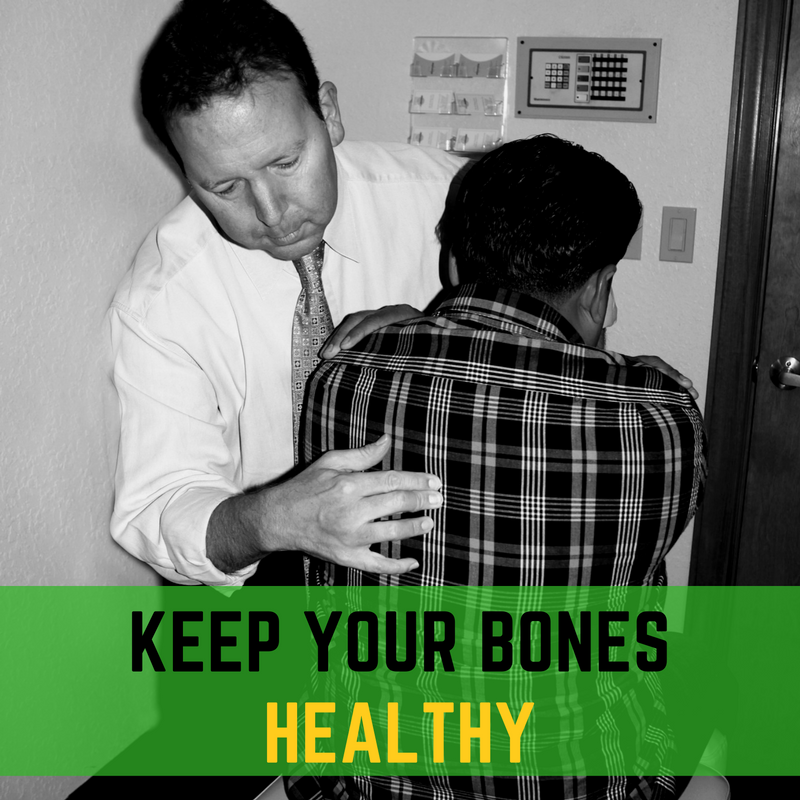Blog
Keep Your Bones Healthy

We've all heard about the importance of building strong bones during childhood and adolescence, but we rarely hear about protecting those bones in adulthood. The bones provide structure, protect our organs, anchor our muscles and store calcium.
Your bones are actually highly active tissues that are constantly being rebuilt and remodeled. Around age 30, bone remodeling continues, but at a slower pace. You typically lose more bone than you rebuild. Osteoporosis is caused by rapid bone loss. The higher your bone mass by the time your 30, and the speed at which your bone rebuilds after that will affect the likelihood of developing osteoporosis as you age.
What affects your bone health?
-
Your Gender: Women run a greater risk of osteoporosis because women have less bone tissue than men do.
-
Your Age: As you age your bones become thinner and weaker
-
Your Genetics: If a parent or sibling has osteoporosis, you are at a greater risk
-
Your Size: If you're body mass index is less than 19 (or you have a small frame) you might have less bone mass to draw from as you age.
-
Your Hormone Levels: Excess thyroid hormone can cause bone loss. For women, bone loss increases at menopause due to dropping estrogen levels. For men, low testosterone levels can cause a loss of bone mass.
-
Your Diet: A diet low in calcium contributes to diminished bone density, early bone loss and an increase risk of fractures.
-
Your Activity Levels: People who are inactive are at a higher risk of osteoporosis than their more-active counterparts.
-
Your Habits: Studies have shown that tobacco use can lead to weaker bones. Similarly, having more than two alcoholic beverages a day affects your body's ability to absorb calcium which helps to strengthen bones.
-
Eating disorders and other conditions. People who struggle with anorexia or bulimia are at an increased risk of bone loss. In addition, stomach surgery (gastrectomy), weight-loss surgery and conditions such as Crohn's disease, celiac disease and Cushing's disease can affect your body's ability to absorb calcium.
-
Medications. Long-term use of corticosteroid medications, such as prednisone, cortisone, prednisolone and dexamethasone, are damaging to bone. Other drugs that might increase the risk of osteoporosis include aromatase inhibitors to treat breast cancer, selective serotonin reuptake inhibitors, methotrexate, some anti-seizure medications, such as phenytoin (Dilantin) and phenobarbital, and proton pump inhibitors.
How can I keep my bones healthy?
To keep your bones strong you need to nourish them properly. A calcium rich diet: Adults ages 19-50 should have 1,000 milligrams (mg) of calcium a day. For women 50+ the recommendation increases to 1,200 mg a day. For men 70+ the recommendation also increases to 1,200 mg a day. Dairy products, almonds, broccoli, kale, sardines, and soy products such as tofu are great sources of calcium.
Try Chiropractic
Chiropractic adjustments keep your nervous system functioning at it's best. This increases your chances of proper bone remodeling. Give us a call today at (954) 472-7975 to schedule your appointment.
‹ Back








